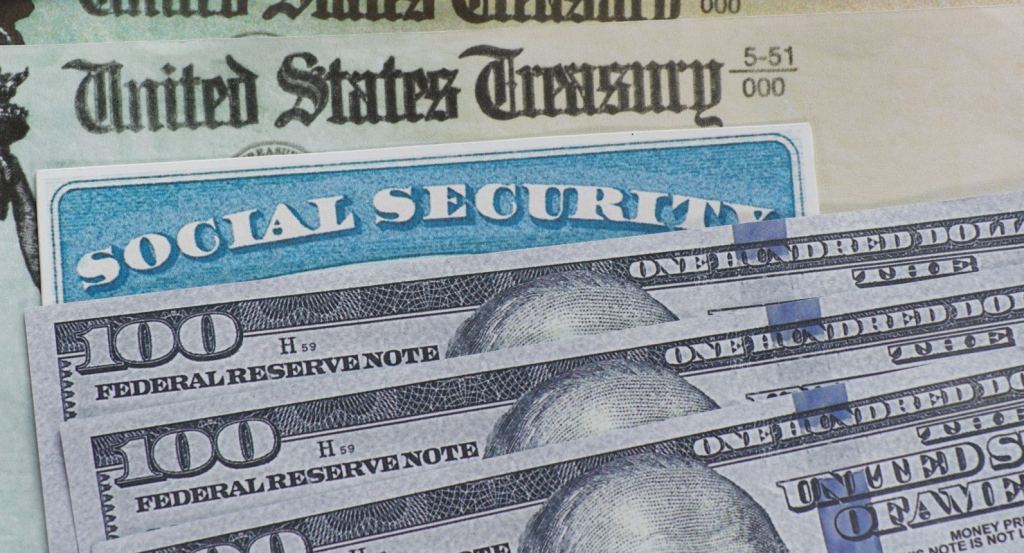
A recent policy shift by the Social Security Administration (SSA) regarding overpayments is raising concerns among recipients in Ohio. Under the new rules, individuals who receive excess payments—whether due to their own error or an SSA miscalculation—could see their entire Social Security checks withheld until the balance is repaid.
“I was shocked at first… this never happened before,” said Jeff Olds, a 72-year-old resident of Brunswick Hills. For the past decade, Olds received regular payments, including a nearly $1,600 deposit last month. However, he was recently surprised by an unexpected lump sum payment exceeding $14,000. “Can this happen to more people than me? At the same time?” he wondered.
Overpayments Add Up
Overpayments occur annually across the United States, amounting to tens of billions of dollars. Under the new policy, which takes effect on March 27, recipients who receive an overpayment will have 100% of their subsequent checks withheld until the full amount is recovered. Previously, the SSA deducted only 10% of each check, even if the overpayment resulted from an agency mistake.
“I don’t think that’s really fair to the person who’s counting on taking it gradually,” Olds said, voicing concerns over the financial strain this could place on beneficiaries.
For those who receive an overpayment notice—or notice an unusual deposit—taking immediate action is critical. Experts advise against ignoring the issue and recommend proactive steps to address the situation.
Expert Advice
“A lot of people make the mistake of not doing anything,” said April Roberts, CEO of AARIA Connect, an organization that assists Social Security recipients. With nearly 20 years of experience in the field, Roberts has seen firsthand how overwhelming the system can be.
“I’ve had clients come to me with stacks of paper, trying to figure it out on their own,” she explained. “They’ve contacted Social Security and tried to do their own due diligence.”
Roberts advises recipients who receive an overpayment notice to immediately report it to their local SSA office. She highlights several options, including filing an appeal or requesting a waiver for repayment if the individual lacks the financial means.
“You can also propose a payment plan,” Roberts noted. “For example, you can request to pay a certain amount from your benefit check each month until the balance is settled.”
Additionally, she recommends documenting all interactions with SSA employees, including obtaining their names or descriptions, keeping copies of paperwork, and ensuring documents are stamped “received.”
While Roberts acknowledges the SSA’s efforts to recover funds from individuals who fail to complete necessary paperwork, she emphasizes that many recipients are unaware of errors and struggle to afford basic necessities.
“If that client now got stuck with 100%, they’re going to end up homeless,” she warned.
Social Security Administration Responds
In response to inquiries about the policy, the SSA provided a statement outlining the reasoning behind the change:
“The Social Security Administration announced it will increase the default overpayment withholding rate for Social Security beneficiaries to 100 percent of a person’s monthly benefit. The Office of the Chief Actuary estimates this change will result in an increase in overpayment recoveries (i.e., a program savings) of about $7 billion in the next decade.
The agency strives to pay the right person the right amount at the right time and issues correct payments to most beneficiaries. When an overpayment does occur, the agency is required by law to seek repayment.
People who are overpaid after March 27 will automatically be placed in full recovery at a rate of 100 percent of the Social Security payment. If someone cannot afford full recovery of their overpayment, they can contact Social Security at 1-800-772-1213 or their local office to request a lower rate of recovery.
Additionally, people have the right to appeal the overpayment decision or the amount. They can ask Social Security to waive collection of the overpayment if they believe it was not their fault and cannot afford to pay it back. The agency does not pursue recoveries while an initial appeal or waiver is pending.”
For more details, the SSA directs recipients to its official publication: www.ssa.gov/pubs/EN-05-10098.pdf.
Olds, who attempted to resolve his situation over the phone without success, visited a nearby SSA office, where the office manager assured him they would investigate the matter.
“What if 100 people, 200 people got that kind of amount?” Olds questioned. “That’s a lot of money out of the Social Security fund.”
As the policy change approaches, recipients are encouraged to stay informed and take action if they encounter overpayment issues to prevent financial hardship.